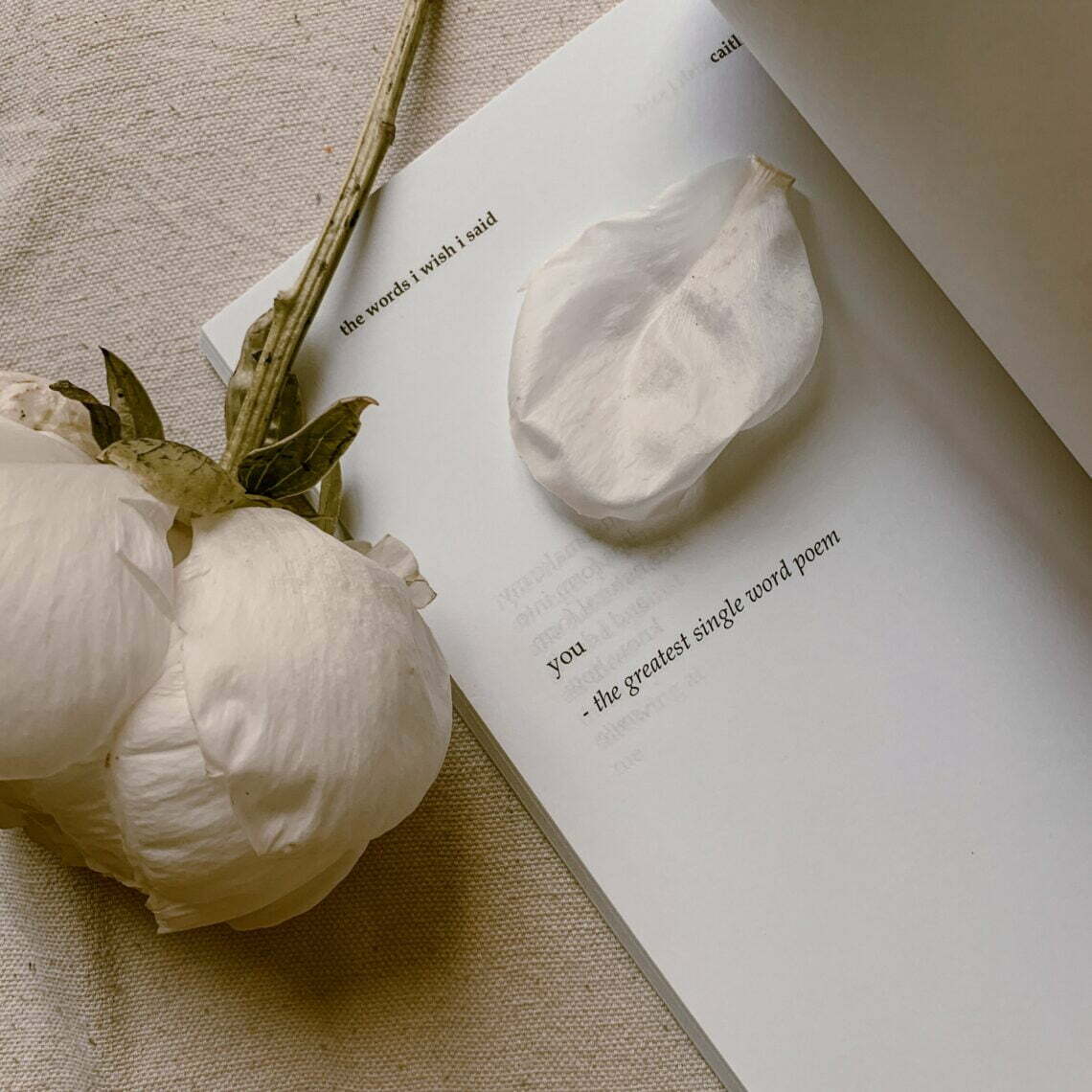
An Unpopular Poetry Opinion
Poetry is not fiction, so don’t treat the two forms the same.
I read a decent amount of poetry. My love for this creative form of writing started in high school and has only blossomed since my teenage years. In college, I studied classical literature extensively, finding certain poets to fall in love with and others who I believed were overrated (perhaps another topic for another day.) I took many creative writing classes in college, too, and began to try my hand at poetry again and again, despite my feelings that I was never quite as good at writing in this dramatically shorter form as my classmates.
Then, my senior year of college, I took a collaborative poetry class that, to put it succinctly, blew my mind. I was exposed to different methods of writing poetry, and the delightfully nonsensical ways that poetry does, in fact, make sense. I was thrown together with other writers who were the exact opposite of me and forced to create something beautiful out of the endeavor, and it incited a new level of love for poems in my heart.
Fast forward to today, where I still write poems and serve as poetry editor for the literary magazine borrowed solace. As poetry editor, I read a lot of poems. I’ve even read poetry collections and written reviews for The Adroit Journal. I have numerous poetry collections sitting on my shelf, and just last week worked my way through the hundred or so poems submitted to borrowed solace for the next issue of our journal.
After reading so many poems, I’ve developed some opinions about what makes a good poem, and some of my opinions might surprise you. I’ve come to absolutely adore poetry and formed my own understanding of the art form, and that’s okay — art is subjective, after all.
In all my poetry reading, editing, and writing, I’ve come to hold one opinion about this form of writing that, while perhaps unpopular, is something I believe truly separates good poems and poets from the rest: poetry is not fiction.
Well, duh, you might be thinking to yourself. If it was fiction, it wouldn’t be called poetry! And yes, this is true, but there’s more to it than just the fact that poetry is not, in fact, prose (unless we’re talking about prose poems which, another unpopular opinion, I don’t like). I believe that poetry is not so much a story-telling medium as it is a way to capture a specific memory, thought, or moment in time. Here’s why I hold this to be true:
Poetic form does not lend itself to storytelling
I’m sure this is the part of this article that will get the most pushback. What about The Odyssey? What about Shakespeare’s plays? What about *insert novel-length poetic work here*? I would argue that most epic poems and plays like Shakespeare’s work differently than we expect poems to work. They are longer, for one thing, and are also often written in a very formal, historically rich style of writing (like iambic pentameter, for example.) This is different than what we would consider poetry today, and I’m really talking about modern poetry here (yes, I am also aware that there are modern poets writing novels in verse or in iambic pentameter — again, not really what I’m talking about here.)
Most modern poetry, and by modern I mean even dating back as far as the eighteenth century, is not so much concerned with telling a story as it is with making a point or an observation or cementing an event into time.
I believe that stories work best as prose — there’s a lot that can go wrong with a story when you try to fit it into a poem. There’s something to be said for the parts of a page of poetry that are blank — the poem doesn’t tell the whole story.
When I am reviewing poetry submissions for borrowed solace, I often run across poems that are trying to tell too much. I can easily spot when a poet is trying to tell a story better served by a creative nonfiction format or fiction format. If I find myself thinking this way as I read, it is usually because the poem is formatted like narrative sentences (e.g., I woke up and noticed the sunlight through the window and her breathing next to me, rolled over and kissed her goodbye as I turned the doorknob and left.) In this example, the words aren’t necessarily suited to a poem but rather a narrative of what happened/is happening. The image of sunlight against your lover’s hair as she slumbers next to you would, however, make an excellent poem or reflection.
Oftentimes poets get stuck on telling a story rather than writing a poem, and I think that this, more often than not, doesn’t work.
Poems lack vibrancy when their scope is too big
This relates directly back to my last point — poems that try to tell too big of a story often lack poetic quality and lyricism in the writing. When you get too hung up on trying to tell a story — a story that is, in all likelihood, not suited for a poem — your poem can start to lack vibrancy. What I mean by this is rather than leaving a stinging, sharp impression on the reader, your poem can leave a fuzzy, blob of words behind.
My favorite example of this is a poem we all know and love — “The Red Wheelbarrow” by William Carlos Williams. Williams could have made this poem immensely longer than it is by describing the entire scene, an avalanche of thoughts about what he observed, and a story about his entire day leading up to seeing the red wheelbarrow. The beauty of this poem, though, comes from the fact that it is so sparse. Each word together packs a punch and leaves the reader remembering that red wheelbarrow — even seeing that red wheelbarrow — in their mind.
When you try to tell a story that is too big for a poem, the vibrancy and beauty of the poetic form can be muffled.
Poets who write stories as poetry are often taking fiction methods and applying them to poetry
I’ve often wondered if writing poetry is a better way to “make it” as a writer than writing fiction. I know this isn’t true because the majority of books sold today are not poetry, but I think some writers believe this to be the case. The hard truth of the matter is that, at least when it comes to literary journals, there’s not only more space for more poems (poems are, by nature, quite short and take up fewer pages in a journal), but there’s often fewer submissions of poetry. Obviously, I will never know what goes through a poet’s mind when they write their poem or why they choose to submit it to borrowed solace or any other literary magazine, but I’m sure there are a few writers out there who have an idea for a story or piece of flash fiction and write it as a poem instead because they think it increases their odds of publication.
That’s, perhaps, a rabbit hole for another article, but for this one, I will say this: some writing elements simply translate better in poetry than fiction, and vice versa. A poem doesn’t need to follow a story arc, for example. And fiction writers probably shouldn’t write with alliteration too much, or their story will become tedious to read. Also, let’s just stay away from rhyming in fiction unless you’re having a character in wonderland who speaks in riddles or something.
I won’t belabor this point, but it still stands: not everything that you learned about writing a story will work when writing poetry, and that’s okay. That’s why they are two different forms of writing.
So there you have it. An unpopular poetry opinion (or opinions, if you will.) I love writing and reading, but there’s a specific place for certain writing elements, and consequently a certain place for poetry versus prose. Not every topic makes for a good poem, and not every topic works as a short story. Keep this in mind as you embark on your next writing adventure and I believe you’ll be all the better for it!





